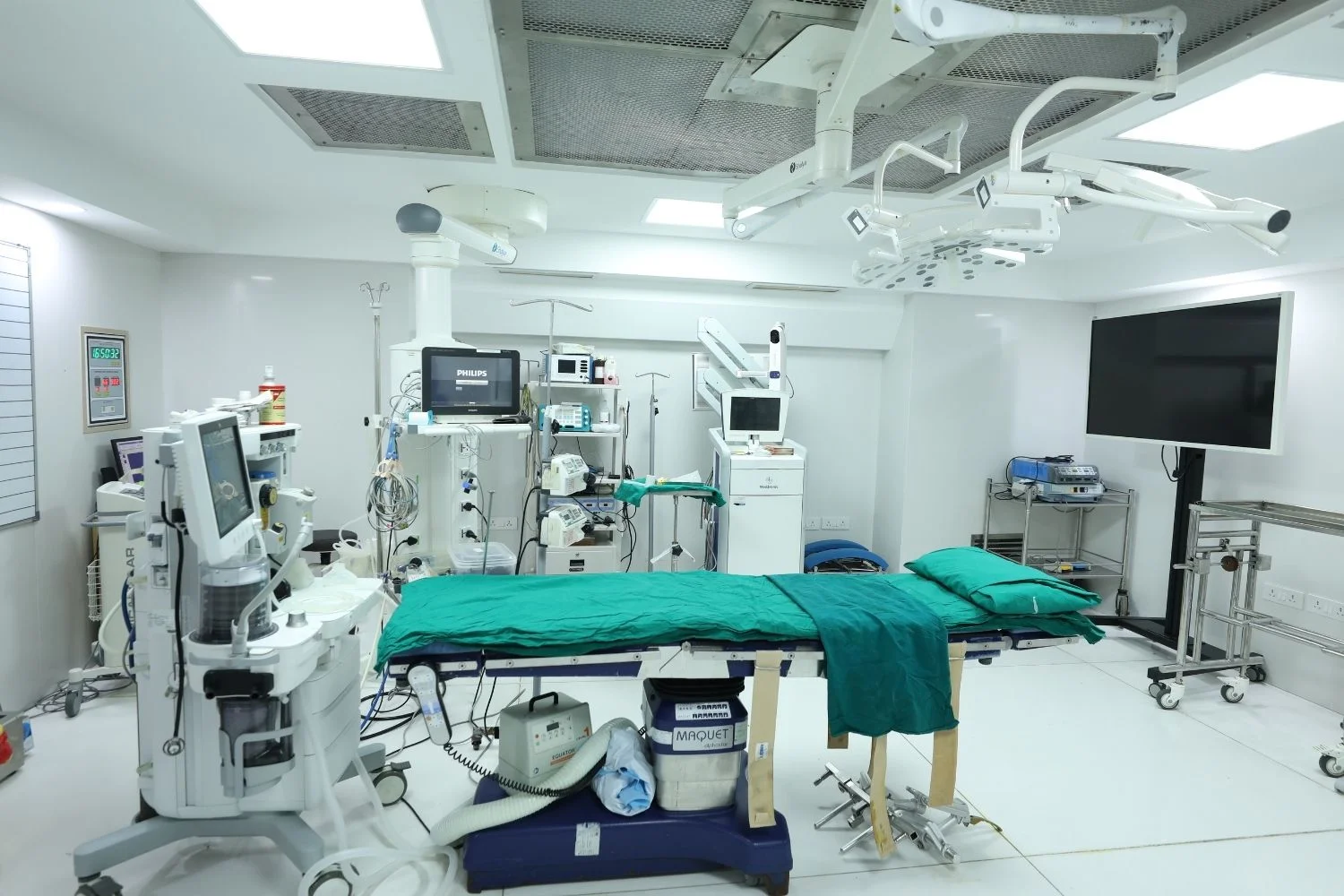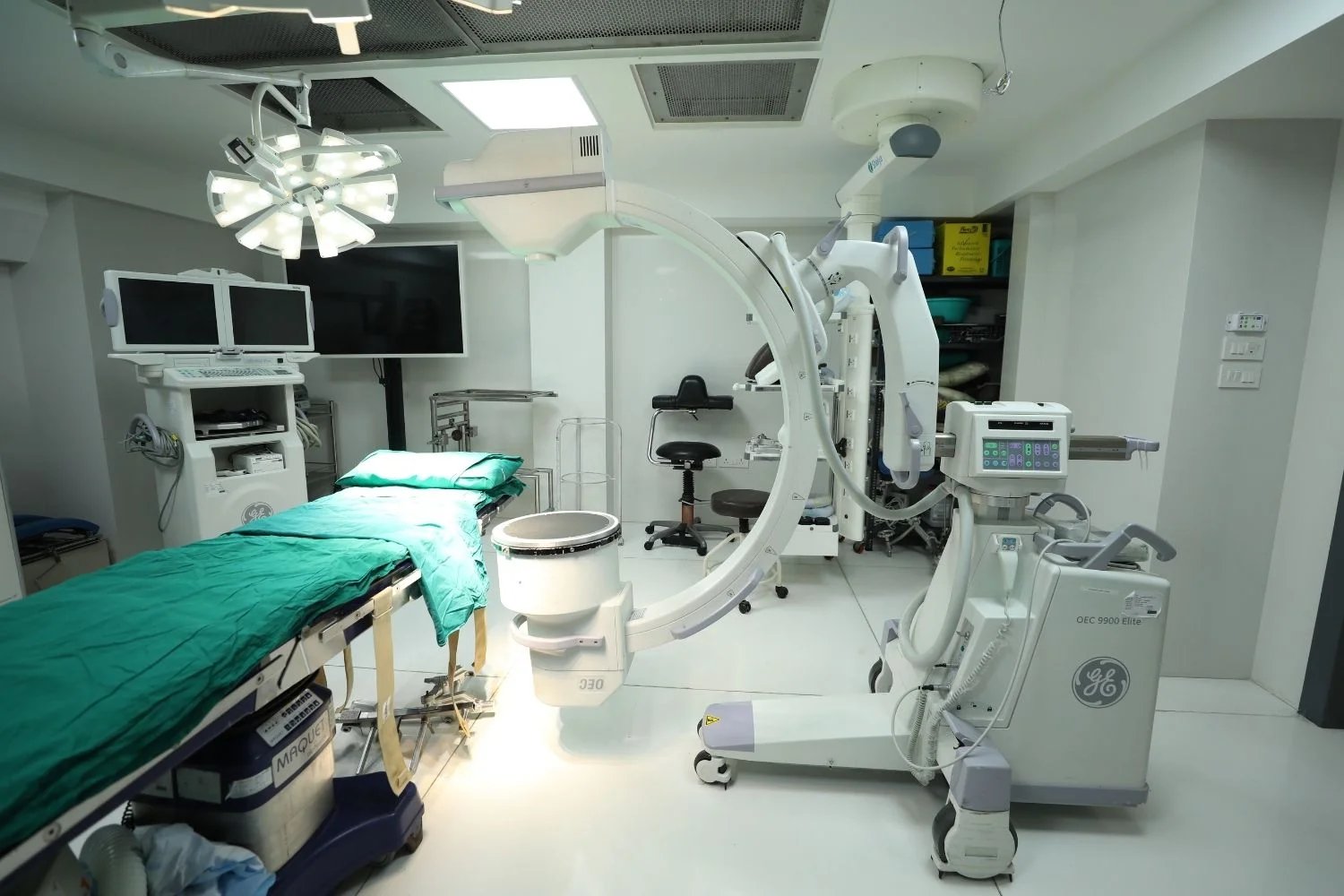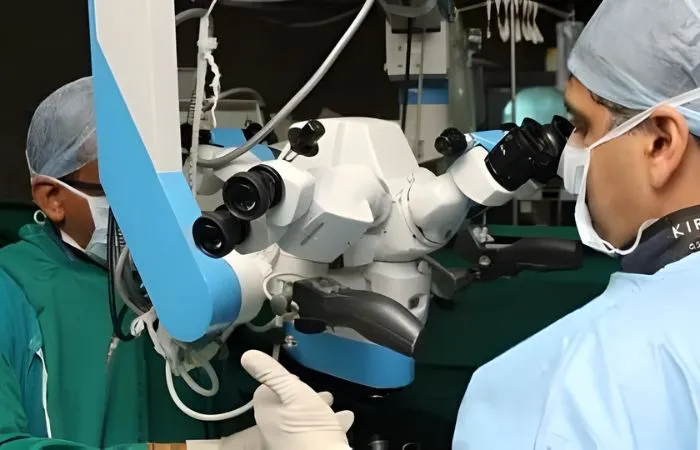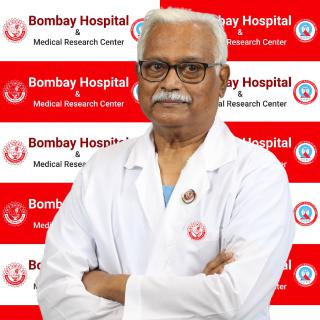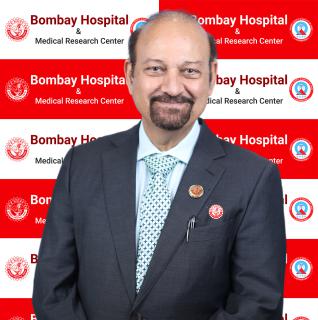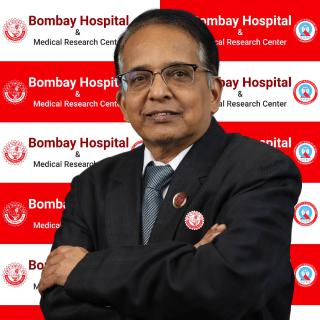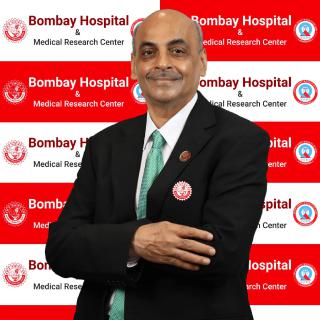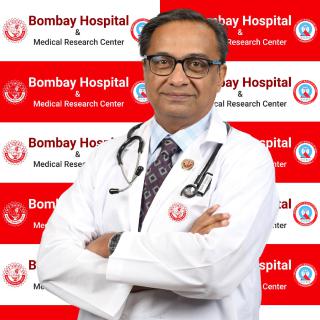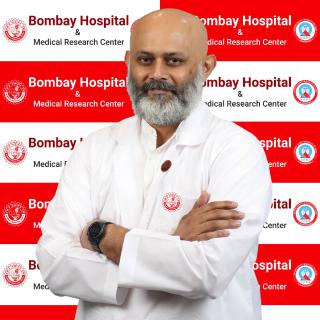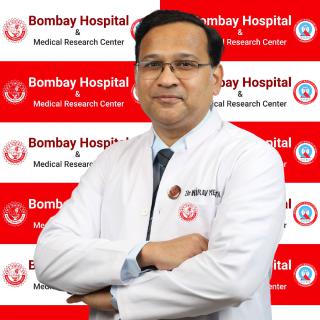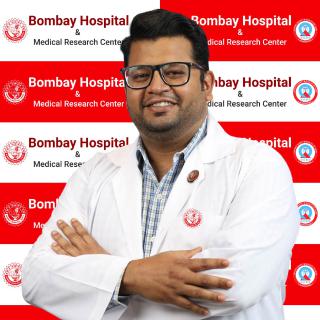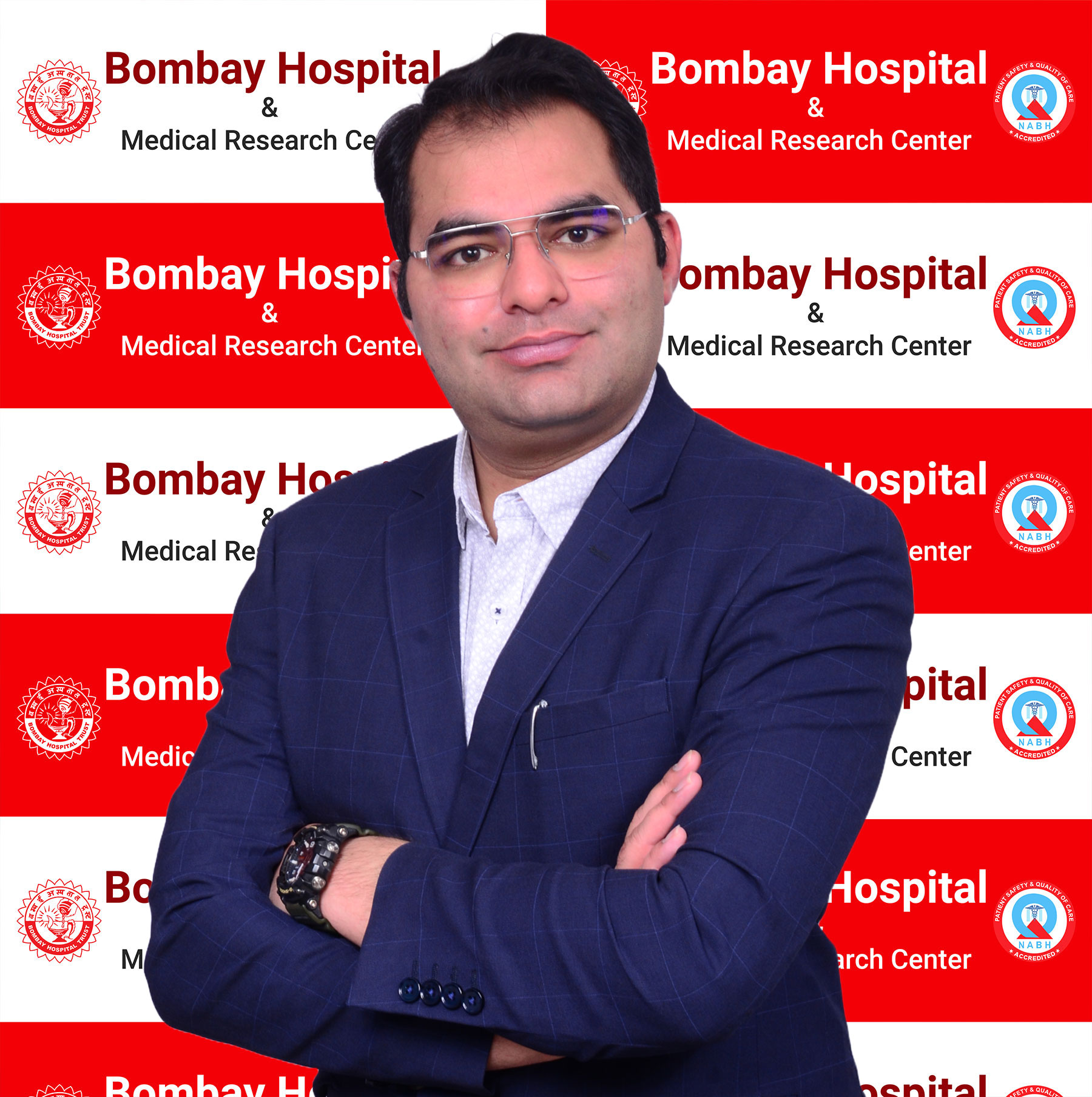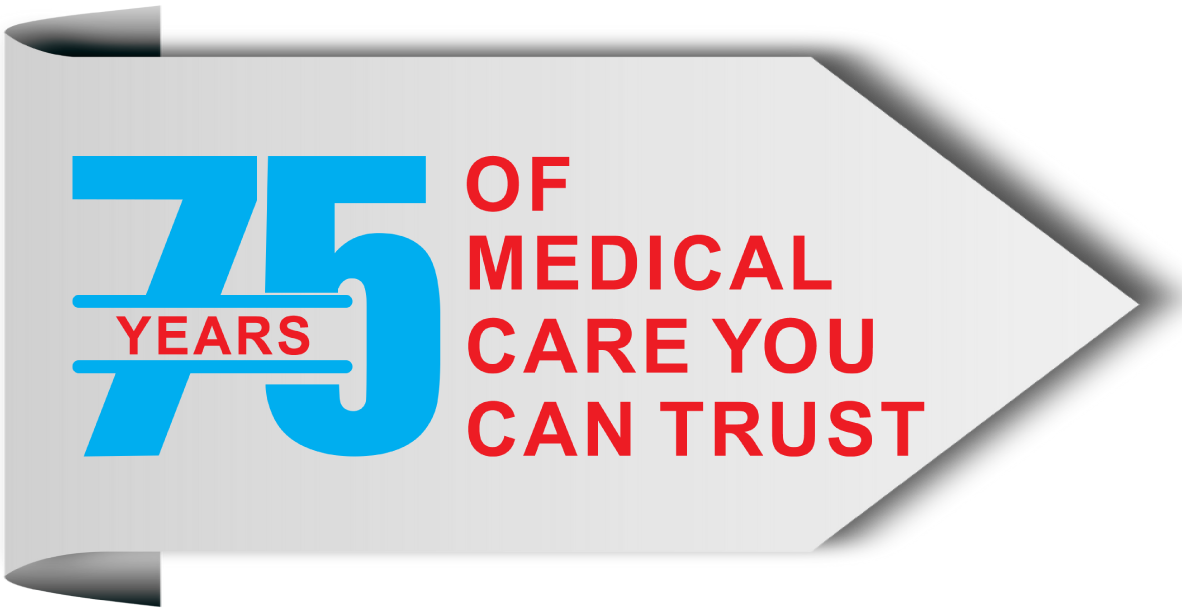Neurosurgery at Bombay Hospital, Mumbai
Neurosurgery was started at the Bombay Hospital shortly after the hospital was inaugurated in 1952. Professor Ginde was a pioneer neurosurgeon, who founded the Department at this Institute from the very beginning.
The Department of Neurosurgery at the Bombay Hospital has kept pace with improvements in the field, be they technical or conceptual. The whole range of neurosurgical and spinal procedures are performed at the Bombay Hospital.
Minimally Invasive Neurosurgery
The trend towards minimally invasive and maximally effective techniques is not new to the field. The human nervous system, the brain, spinal cord and nerves are extremely delicate structures housed in the skull and spine. Surgery on these structures has to be precise and maximally effective.
Microneurosurgey involves, each of other things, the use of operating microscopes during surgery, for enhanced precision, each of the four dedicated operating rooms of the Neurosurgery suite has a state of the art operating microscope which is used for both brain and spine operations.
Accuracy of localisation is paramount when a few millimetres can make the difference in the outcome of surgery. One of the important instruments available to our Neurosurgeons is the Image Guided Navigation System. The patient undergoes a special MRI or CT scan prior to the surgery. This data is fed into the navigation system. During surgery, this data is registered with the patient using special instruments. With this, targets in any part of the brain can be localised
with sub-millimetre accuracy.
An important offshoot of this system is that we can use it for navigation guided brain biopsies.
Neurovascular Surgery
Neurovascular surgery involves surgery on problems associated with the blood vessels of the brain and spine. This includes a wide variety of problems like aneurysms, arterio-venous malformations (AVM), stroke surgery due a blood clot or an infraction. Many a time these procedures need to be performed in an emergency setting. A useful aid during these complex surgeries is Indocyanine Green Angiography. This is a special dye which is injected when the surgeon needs to check the completeness of the procedure on the operating table itself. Using a special filter attached to the Zeiss Pentero microscope, the fluorescent dye lights up the blood vessels in the operative field.
There is also the facility to do an intraoperative DSA (Digital Subtraction angiography) in the Neurosurgery theatre suites.
Neuroendoscopy
Neuroendoscopy is now an established technique in neurosurgery. When the endoscope is used within the fluid cavities(ventricles) of the brain, procedures like ETV(endoscopic third ventriculostomy), endoscopic biopsies of tumours are possible. ETV involves creating an alternate pathway for the CSF circulation within the brain. This obviates the need to put in shunts for CSF diversion, in many cases.
Another important application of endoscopy is in transnasal skull base endoscopy. The natural passages of the nose can be used to reach the base of the skull to tackle a whole range of problems like pituitary tumours, craniopharyngioma, and so on. What needed extensive craniotomies earlier can now be done through the nose with as much, if not more, efficacy.Because there is no external cut, patients’ acceptance of these techniques is very high.
Spine Surgery
Spine surgery from the simple to complex procedures is performed on a regular basis. Surgeries like lumbar and cervical discectomies to relieve pain from a ‘slipped’ disc are done using microneurosurgical techniques for better outcomes. Complex spinal fixation procedures from the top of the spine (craniovertebral junction) to the lumbar spine are performed. Spinal tumour surgery needs a special mention here. These very technically demanding operations are being done in the department for many years now. Neurophysiological monitoring greatly helps here to assess the real time function of the spinal cord and nerves. This system in volves testing the motor as well as sensory components of the spinal cord and nerves.
Other areas where neuro-monitoring helps is in tumours near the brainstem, like a vestibular schwannoma, meningioma near the optic(vision) nerves.
While all these techniques/technology helps our surgeons give better operative results, post-operative care is equally important. We have a dedicated Neurosurgical ICU/HDU adjoining the OR suite, where operated patients can recover from the surgery. This facility is staffed by dedicated neuro nurses who are trained to look after neurosugical patients. Trained neuro physiotherapists work on rehabilitating patients with neurologic dysfunctions.
Thus a patient who needs a neurosurgical operation is well taken care of both during and after the surgery.
The Department is staffed by nine full time neurosurgeons; the department runs a University accredited neurosurgical training and fellowship program with nine full time residents at any given time.

